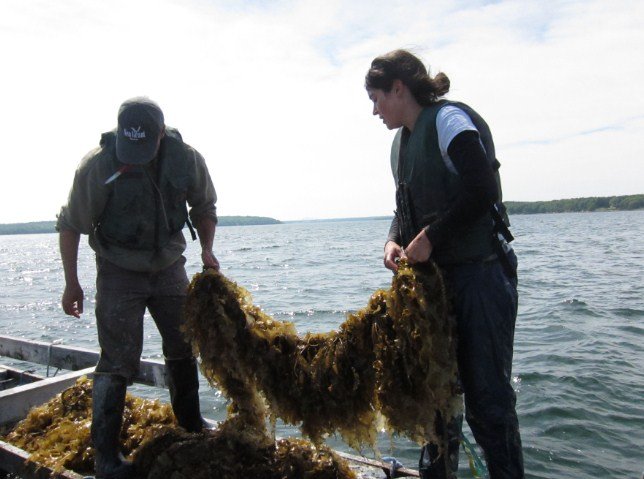A Global Initiative to Connect Rural Communities
Farmers and fishers in developing countries face many challenges, such as climate change, pests, diseases, market fluctuations, and lack of access to information and technology. To overcome these obstacles, they need to learn from each other and share their best practices. That is why a global initiative called Knowledge Sharing for Resilient Livelihoods was launched in 2021 by the Christian Science Monitor and the Ford Foundation.
The initiative aims to support rural communities in Africa, Asia, and Latin America to exchange knowledge and skills through various platforms, such as radio, SMS, podcasts, videos, and social media. The project also involves local partners, such as NGOs, universities, media outlets, and farmer organizations, to facilitate the knowledge sharing process and provide technical assistance.
The goal of the project is to empower farmers and fishers to improve their productivity, income, resilience, and sustainability. By sharing knowledge, they can also foster social cohesion, mutual trust, and collective action within and across their communities.
Some Success Stories from the Field
The Knowledge Sharing for Resilient Livelihoods initiative has already produced some positive impacts in different regions. Here are some examples of how farmers and fishers have benefited from knowledge sharing:
- In Kenya, a group of women farmers learned how to make organic fertilizer from kitchen waste and animal manure through a radio program. They also received training on how to use the fertilizer on their crops and how to market their products. As a result, they increased their yields by 30% and reduced their input costs by 50%.
- In India, a network of fisherwomen used SMS and WhatsApp to share information on weather, market prices, fishing techniques, and government schemes. They also formed a cooperative to buy inputs collectively, sell their catch directly to consumers, and access credit and insurance. As a result, they increased their income by 40% and improved their bargaining power.
- In Peru, a community of potato farmers used podcasts and videos to learn about new varieties of potatoes that are resistant to frost and drought. They also received seeds and training on how to plant and harvest them. As a result, they increased their production by 25% and diversified their income sources.
The Challenges and Opportunities Ahead
While the Knowledge Sharing for Resilient Livelihoods initiative has shown promising results, it also faces some challenges. Some of these include:
- The lack of infrastructure and connectivity in remote areas
- The low literacy and digital skills of some rural populations
- The cultural and linguistic diversity of different communities
- The need for more funding and support from governments and donors
To address these challenges, the initiative plans to:
- Expand its reach and coverage to more countries and regions
- Strengthen its partnerships with local stakeholders and experts
- Enhance its monitoring and evaluation systems to measure its impact
- Explore new technologies and innovations to improve its delivery methods
The initiative also sees some opportunities for future growth and improvement. Some of these are:
- The increasing demand for local and organic food products
- The growing awareness of environmental and social issues
- The rising interest of youth in agriculture and fisheries
- The potential for cross-border collaboration and learning
The Knowledge Sharing for Resilient Livelihoods initiative hopes to continue its work in empowering farmers and fishers to share their knowledge and improve their livelihoods. By doing so, it also contributes to the global goals of ending poverty, achieving food security, promoting sustainable agriculture, and protecting the planet.

